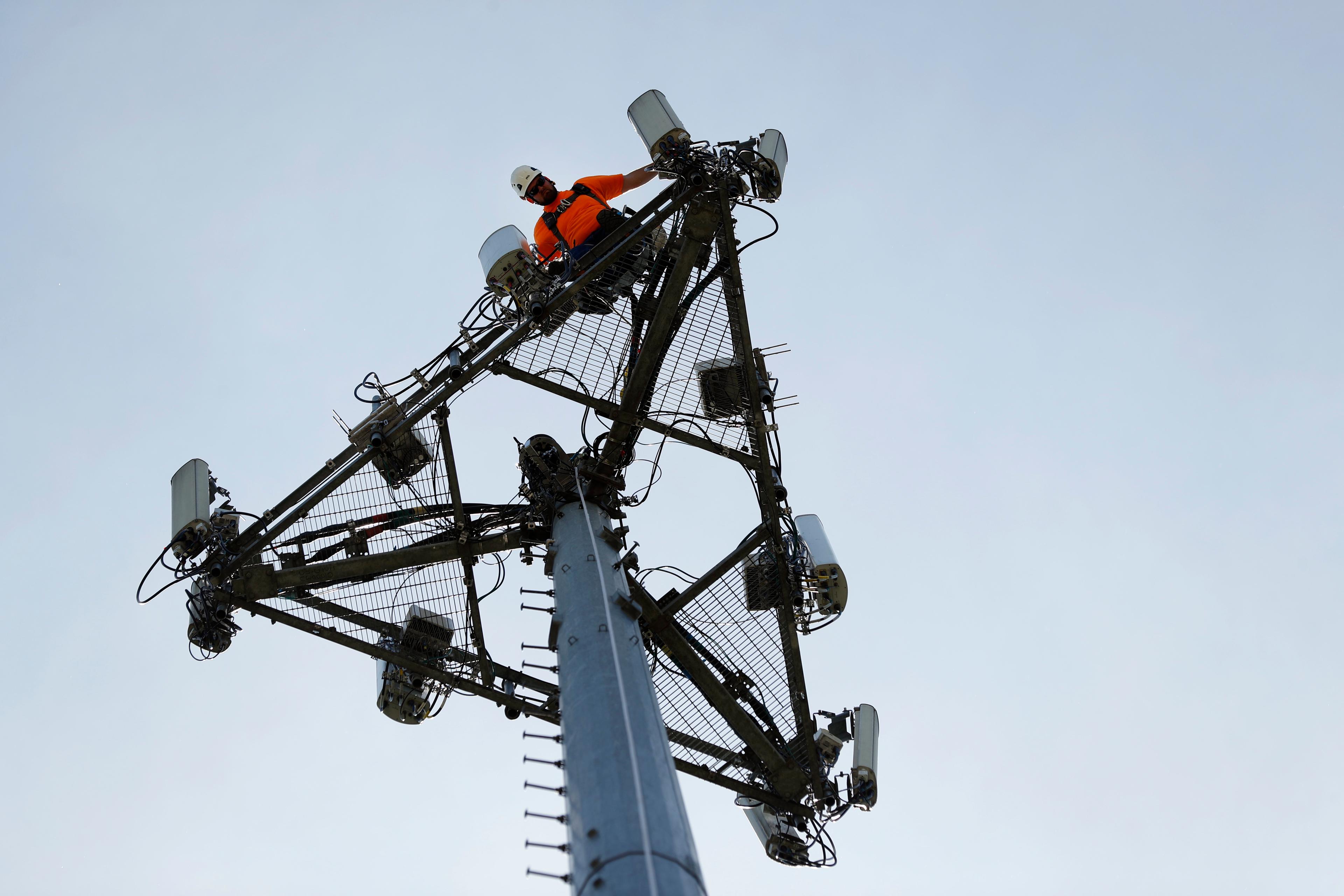
Colorado Attorney General Phil Weiser and his colleagues in 12 other states and the District of Columbia are now the last likely remaining roadblock to the merger of T-Mobile and Sprint, after the U.S. Justice Department on Friday approved it.
That puts Weiser in the position of being one of the last potential roadblocks to a new line of business for Englewood-based Dish Network. The approximately $26.5-billion deal would also make Dish the nation’s fourth nationwide wireless mobile company – unless the state attorneys general can convince a court to block it.
The Federal Communications Commission has not yet voted, but a majority of the commissioners have previously signaled their intention to approve the deal, leaving only the lawsuit as a possible impediment to the merger. That suit charges that the merger will lead to higher wireless prices for consumers, speculating that it could cost consumers as much as $4.5 billion annually.
Dish became a third-party facilitator of the T-Mobile/Sprint deal during merger talks, agreeing to spend $5 billion to purchase parts of Sprint’s business and use the proposed new T-Mobile network to create its own mobile telecommunications service. The deal would put Boost Mobile, a pre-paid wireless service that is now part of Sprint, in Dish’s hands. Sprint also agreed to part with some of its wireless spectrum capacity, allowing Dish to become a full-fledged national wireless carrier. That means nationally, consumers will continue to have a fourth choice in cell service providers.
Dish’s involvement was important to the merger’s approval. Knowing that with Dish’s entry into the market, the U.S. would continue to have four carriers gave antitrust regulators at the Justice Department enough comfort to agree to the merger.
“Today’s settlement will provide Dish with the assets and transitional services required to become a facilities-based mobile network operator that can provide a full range of mobile wireless services nationwide,” said Assistant Attorney General Makan Delrahim in a Justice Department release.
Weiser’s office declined to comment on Friday’s developments. In June when Colorado announced it would join the suit seeking to block the merger, a statement from Weiser’s office said he was particularly concerned about the impact on pre-paid mobile customers.
“Many of these customers come from low-income households and their mobile handsets are their primary—or even only—means of connecting to the internet.”
Boost has approximately 9.3 million customers in the U.S. and Puerto Rico. Weiser also previously expressed a concern that mobile bills would rise for the approximately 1.5 million Colorado customers of T-Mobile and Sprint.
The attorney generals’ suit is pending in federal court in New York. The states and the District of Columbia have said they intend to seek an injunction preventing the merger until their claims are resolved. New York Attorney General Letitia James said on a conference call with reporters Friday said that Dish’s promise to become a mobile wireless carrier is not enough to allow the deal to go forward.
“Dish has no experience building or operating a nationwide mobile wireless network,” James said, according to the New York Times.
As many as 400 current employees of Sprint’s pre-paid businesses will move to Dish if the deals go through. Dish also issued a statement promising to voluntarily pay a $2.2 billion penalty to the U.S. if the company doesn’t have a 5G broadband network serving 70 percent of the U.S. population by June 14, 2023.
“We’ve been here before,” said Dish Co-Founder and Chairman Charlie Ergen in the statement, recounting the company’s history of innovating against bigger competition. “As we enter the wireless business, we will again serve customers by disrupting incumbents and their legacy networks.”









